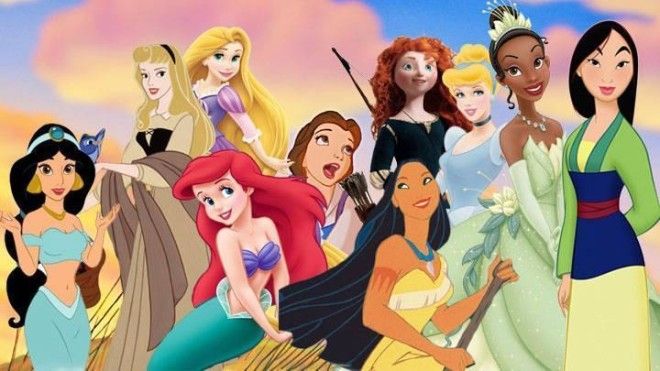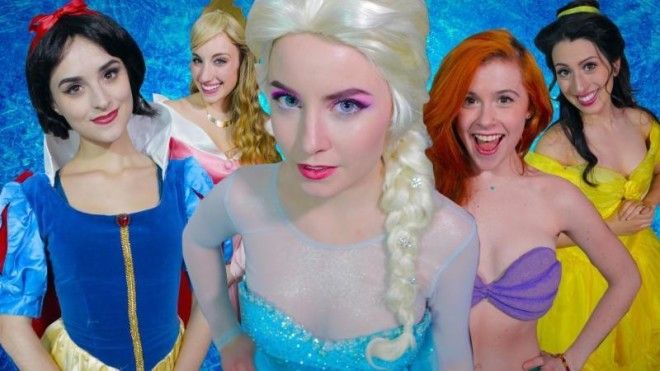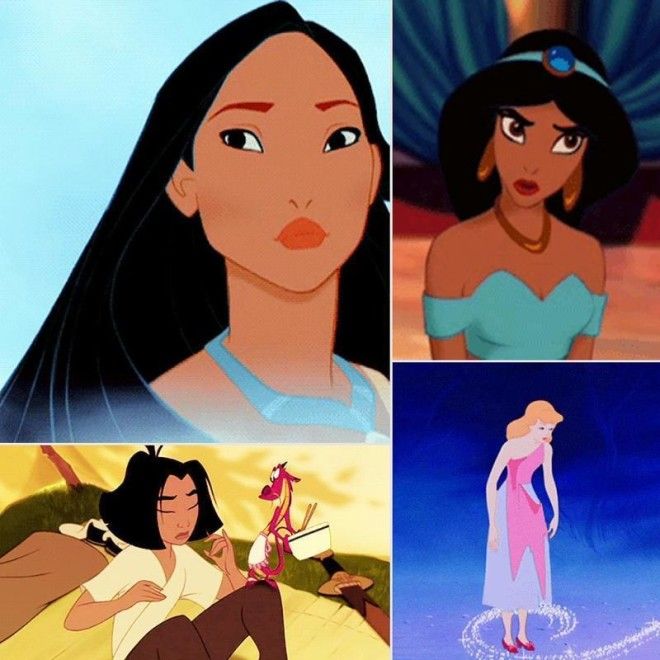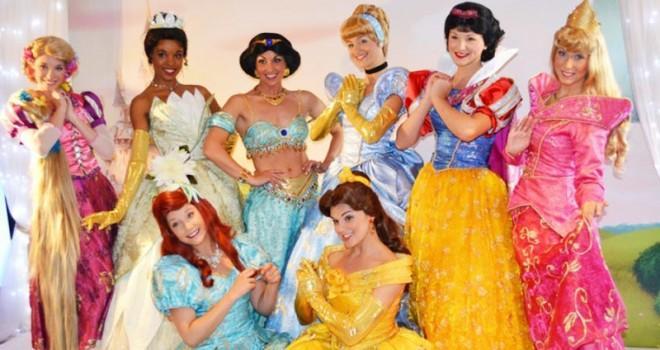In a new Brigham Young University study published in Child Development, lead researcher Sarah M. Coyne found that children’s interactions with Disney princess culture can lead them to fall into stereotypes (i.e. avoiding certain behaviors that aren’t deemed “feminine”) which may prove damaging as they grow older.
The BYU researchers examined 198 preschool age children in the study at two points, one year apart. At each of these points, researchers worked to find out how much the kids interacted with what they deemed “princess culture,” and spoke with their parents and educators about their behavior.

The latter would help researchers determine the kids’ “gender stereotypical behavior,” while the former would aid in their assessment of how frequently the kids interacted with Disney princesses.
Then, researchers asked kids to rank their favorite toys, which were set apart into “girl,” “boy,” and “gender neutral” categories.
Researchers found that 96 percent of girls and 87 percent of boys studied had some sort of interaction with Disney princesses, with girls interacting with them much more on a weekly basis than boys (61 percent to 4 percent, respectively). For girls and boys, more interactions with princesses predicted more female gender-stereotypical behavior a year later.
For boys, researchers say this can actually have a positive effect, as this interaction counters the hyper masculine imagery with which they are bombarded every day. Likewise, researchers found that the boys who engaged with princess culture had better body esteem and were more helpful to others.
But for girls, researchers are concerned that this interaction may have a deleterious effect, leading them to avoid important learning experiences and opportunities based on their gender.

“We know that girls who strongly adhere to female gender stereotypes feel like they can’t do some things,” Coyne said in a release. “They’re not as confident that they can do well in math and science. They don’t like getting dirty, so they’re less likely to try and experiment with things.”
Beyond gender stereotypes, researchers found that girls’ interaction with the princesses can lead them to develop problematic visions of beauty. Indeed, researchers found that girls who interacted more with Disney princesses tended to have worse body esteem.
“Disney Princesses represent some of the first examples of exposure to the thin ideal,” Coyne said. “As women, we get it our whole lives, and it really does start at the Disney Princess level, at age three and four.”
Advertising
So what’s the remedy? As with everything, Coyne says, moderation and communication are key. “I’d say, have moderation in all things,” Coyne said. “Have your kids involved in all sorts of activities, and just have princesses be one of many, many things that they like to do and engage with.”

And when they do play with the dolls, Coyne says, parents should be sure to discuss the dolls with their kids — and carefully — as that can significantly affect their kids’ behavior.
“What drives me crazy is when you get a princess who’s not gender stereotyped, like Merida fromBrave,” Coyne said. “I took my daughter to see it, and afterward we had a great conversation about how strong, brave and independent Merida was in the movie. And then in the marketing, Disney slims her down, sexualizes her, takes away her bow and arrow, gives her makeup—feminizes her.
So then we’re at the supermarket and see this ‘new Merida’ on fruit snacks and soup cans, and I point it out to my daughter and we have a conversation about the difference. And now when we’re at the store, she’ll see the soup can herself and say, ‘That’s not the real Merida and I’m not buying it.’”
If anything, Coyne hopes that her research encourages more parents to think critically about the media with which they provide their children.
“I think parents think that the Disney Princess culture is safe. That’s the word I hear time and time again—it’s ‘safe,’” Coyne said. “But if we’re fully jumping in here and really embracing it, parents should really consider the long-term impact of the princess culture.”

